SOS Children's Villages has been present in Albania since 1995, providing a loving home to children who have lost parental care and strengthening the most vulnerable families so that they can stay together.
The organization also offers both practical and psychological support to young people while they finish their studies and improve their skills. They collaborate with local businesses around Tirana so that young people have access to internships, scholarships, and vocational training.
In the interview with Blerina Bllaca - Corporate Fundraiser at SOS Children’s Villages, you will learn everything about the organizations' efforts to provide a loving home for every child.
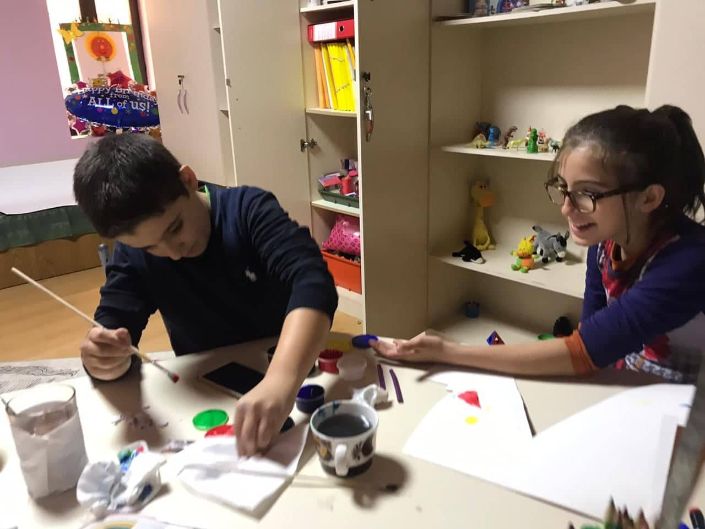
How was your organization established? What changed from the beginning to this day?
Blerina: The first SOS Children's Village was founded by Hermann Gmeiner in Tyrol, Austria, in 1949. As a child welfare worker, Gmeiner saw how orphaned children suffered because of World War II. He was committed to helping them build loving families and supportive communities. With the generous support of donors, child sponsors, partners, and friends, Gmeiner's vision to provide loving care in a family environment for children without parental care and to help families stay together so that they can take care of their children, has grown steadily over the seven decades. Today, SOS Children's Villages is an active organization in 136 countries and territories around the world, including Albania, helping hundreds of thousands of children each year through alternative care, family empowerment, schools, health centers, and other grassroots activities in the community.
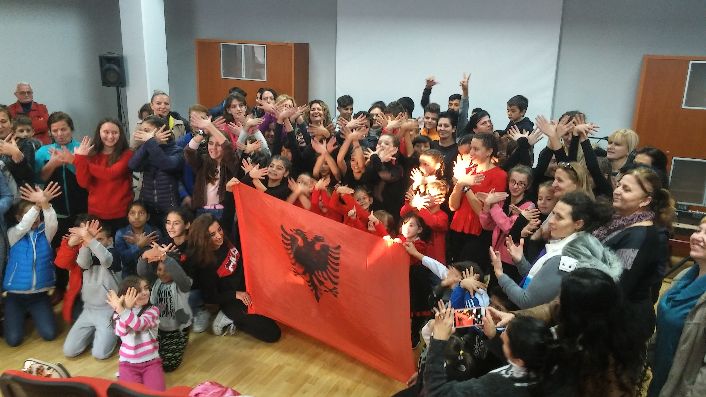
What was your motivation to work in the nonprofit sector?
Blerina: When you are still on the school benches and dreaming about what your dream career will be, your mind sometimes creates a maze of options - from which you do not know what to choose - and sometimes it's just empty. The only thing I have always been confident about in terms of my professional career has been the desire for my daily work to have a meaningful and positive impact on the people and community around me. So, where better than in the non-profit sector, could I put this dream into practice? This is a sector that not only helps individuals and communities in need but also supports and develops employees to help them have an even greater impact on their day-to-day mission.
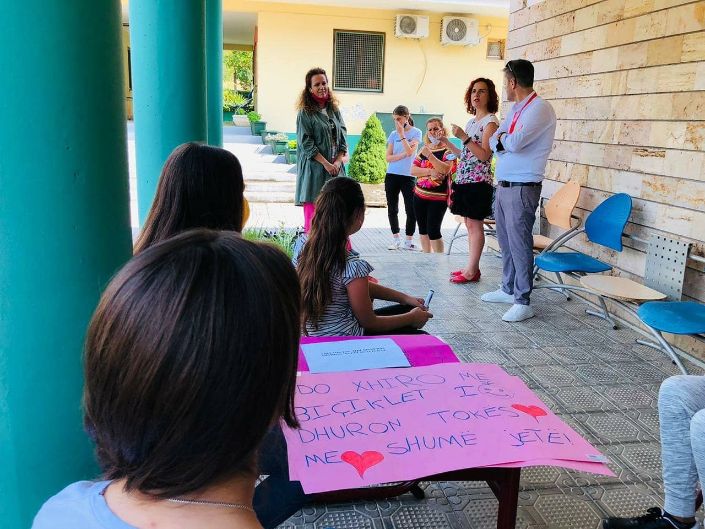
How did the COVID-19 crisis affect the organization’s work? How much has the way you operate changed? What activities were you focused on recently?
Blerina: In these unprecedented times when the COVID-19 pandemic continues to spread and affect almost every individual and organization worldwide, we too have been directly and indirectly affected. Despite the difficulties, SOS Children's Villages Albania is well-organized and has reacted quickly to keep the staff and communities where it operates safely. We have continued to fulfill our mission to provide a warm family and safe environment for children without parental care, as well as to build sustainable communities. We have also reflected on the strict measures and the consequences of the pandemic in our activities, to be better prepared for any eventuality. On the other hand, this challenging time also presents a great opportunity to learn and grow together as non-profit professionals. Employees of SOS Children's Villages around the world are exchanging ideas, learning to try new things, sharing experiences and lessons.
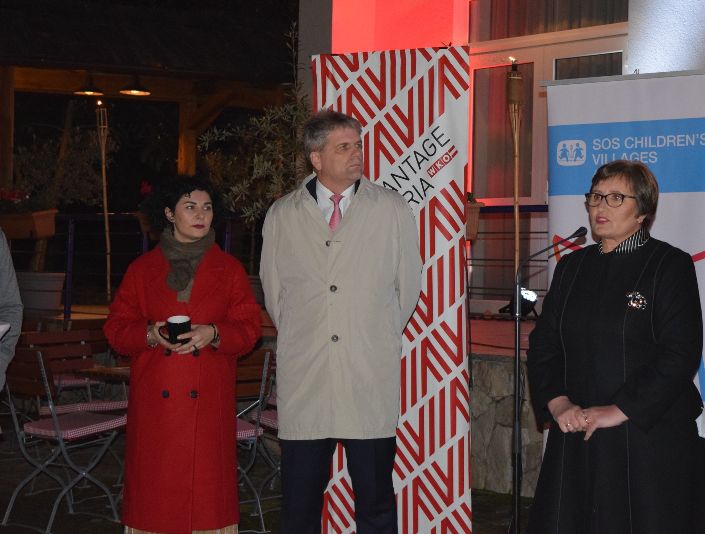
Which activities are you most focused on at this moment?
Blerina: The situation created by Covid-19 has shifted the focus of our organization towards prioritizing projects that respond to the pandemic, as the needs of our beneficiaries have also increased significantly. Among the main current priorities focusing on all the children of SOS Village, the direct staff, as well as the families of the communities where we operate, we can mention:
- Preventive health support for Covid-19, through the purchase of masks, vitamins, and disinfectants;
- Educational support, through the purchase of school packages and IT equipment to ensure the online education of children;
- Psychosocial support, through the provision of speech therapy and autism spectrum courses for children suffering from it, through various recreational activities in small groups, etc.;
- Agricultural and livestock support through the purchase of agricultural seedlings and seeds, as well as a small number of heads, to ensure the well-being of families in the communities where we operate.
It is a period during which we have sought and continue to seek funding to help reduce the impact of this pandemic and to respond to its many effects on the communities where we operate.
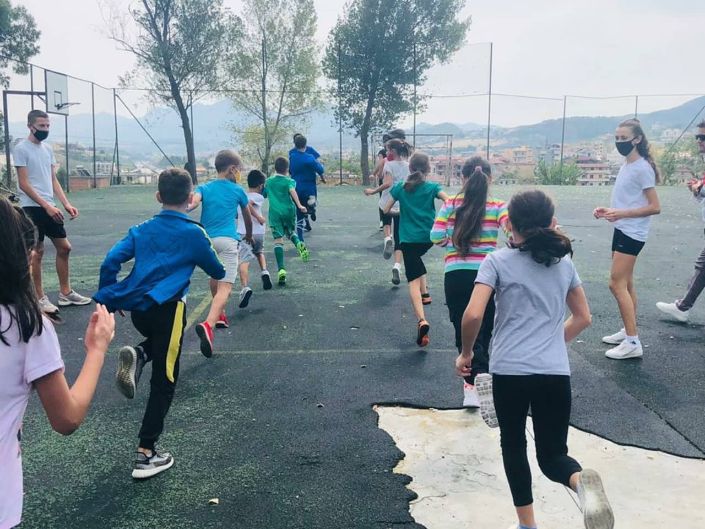
How is your organization funded? Which types of donors do you work with the most, and how? How can someone support your work?
Blerina: Our organization is based on two main lines of funding - international funds, with direct support from the "Hermann Gmeiner Foundation" based in Munich, as well as local funds, thanks to partnerships with accredited embassies in the country, various companies, and individuals, as well as international mechanisms of EU and UN. We are an organization that lead our mission through donations. There are various ways to support the work of the organization, to make the society where we live more beautiful by supporting children without parental care. Among them can be mentioned donations in cash, donations in products, donations in services, project grants from international mechanisms, etc.
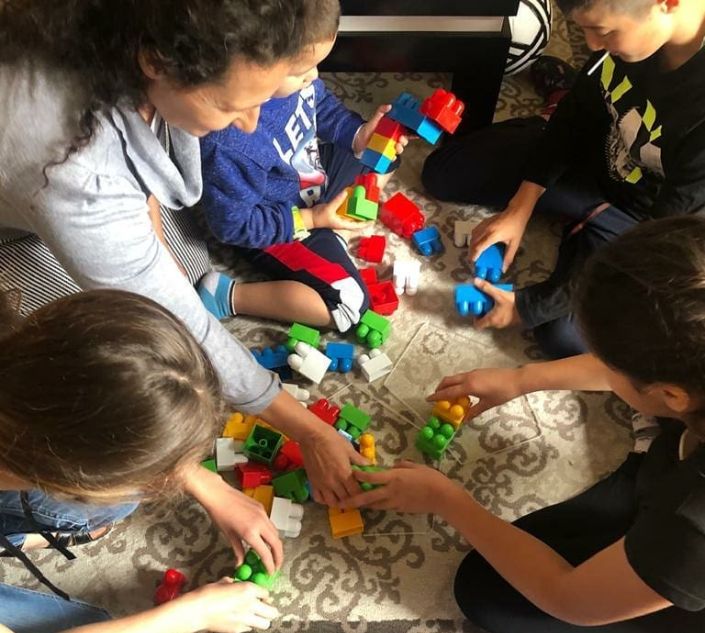
How does your organization contribute to the development of philanthropy in Albania?
Blerina: SOS Children's Villages Albania is replacing the conventional method of awarding short-term grants for rapid implementation, with the implementation of strategic partnerships, to create a significant long-term impact in an innovative way. Together with our partners, we are implementing what we call investment programs with social impact, which not only bring positive social change but also financial benefits for our donors, thanks to the transfer of a positive image to their companies.
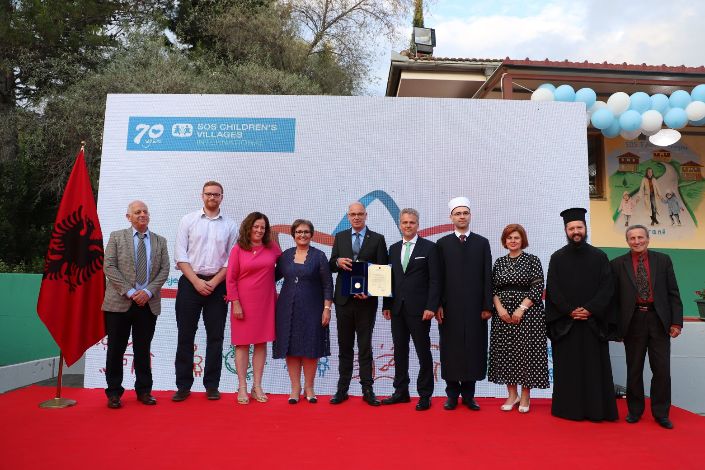
Do you cooperate with other non-profit organizations? Can you tell me more about that?
Blerina: SOS Children's Villages Albania cooperates with the main organizations and networks in the country that work for the protection of the rights of children and young people, but not only. Our organization is also a member of the main youth network "Voice of Youth" and the TCCC network (Together for the Complete Care of Children). We cooperate and have had contractual relations with several local and international organizations such as UNFPA, Save the Children, Terre des Homme, GIZ, TLAS, Nisma, SHKEJ, etc.
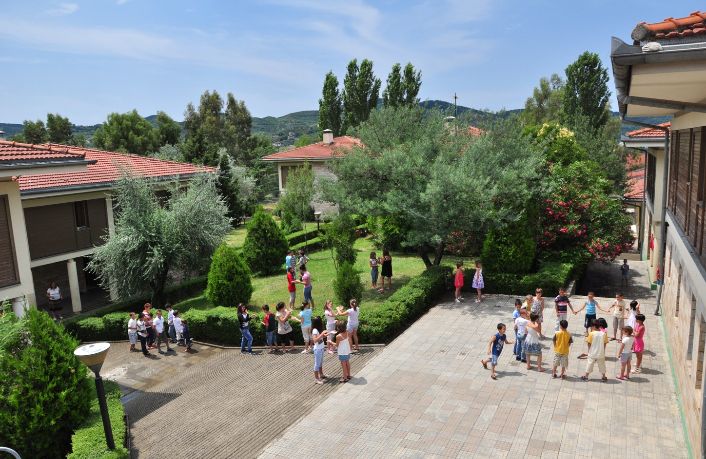
What are the biggest challenges you face?
Blerina: In a country like Albania, with less than 3 million inhabitants and over 12,000 active non-governmental organizations, raising sufficient and sustained local funding is very difficult. The lack of sound CSR policies in the vast majority of companies present in the country often limits our ability to mobilize local resources. Also, current donors can change priorities and withdraw funds.
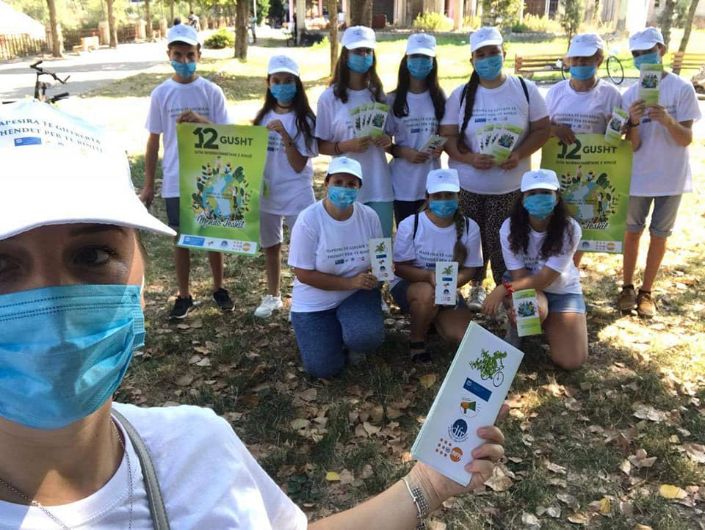
What do you consider your greatest success and what is next?
Blerina: During its 70 years of dedicated work, SOS Children's Villages has supported over 4 million children through alternative care and family empowerment programs, a significant number of which Albania is a part of. Instead of being placed in traditional orphanages, where children receive mainly institutional care, the SOS form of care enables children not to be separated from their biological siblings and gives them the opportunity to live in small family groups, with a dedicated caregiver (SOS parent) who takes on the role of parent for them. For us, every working day, every accepted child, every transformed life, constitutes a significant success. Our positive impact on the lives of children has only been possible thanks to the many people who care for and support our organization. We will therefore continue to advance the promise that no child will be left alone and raised in a safe and warm environment, as an equal individual in a supportive community.
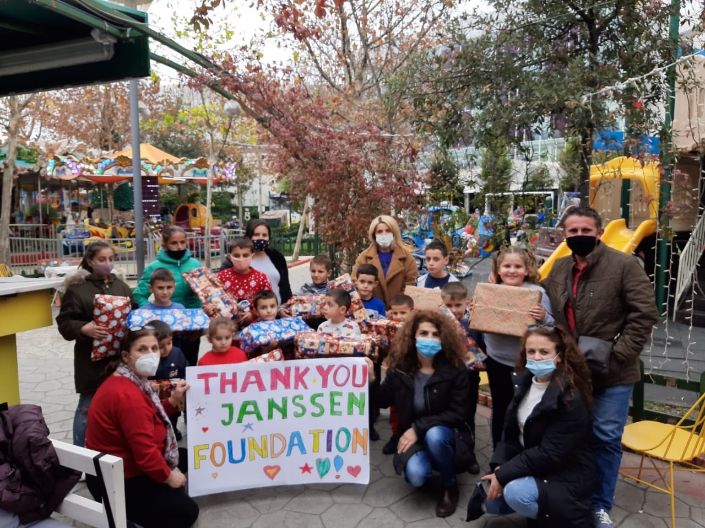
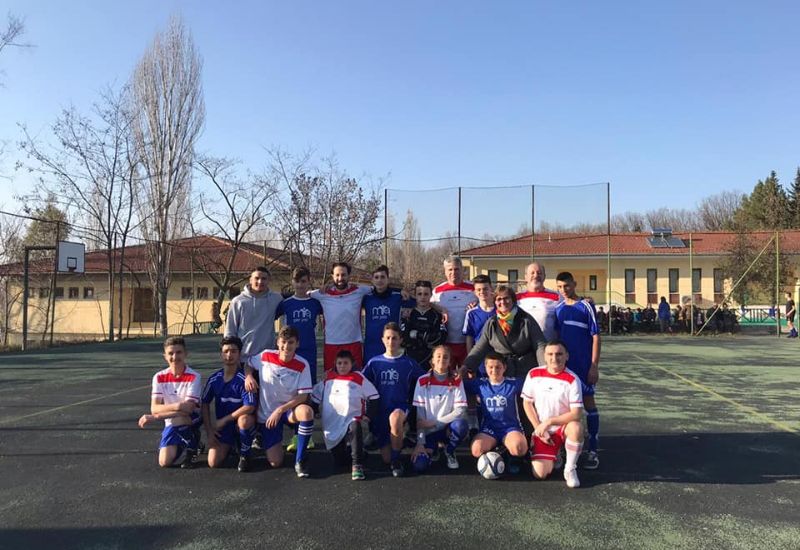

Leave a comment